Acknowledging and discussing the modern citation of slave cases is a first step. The Citing Slavery Project provides a database of slave cases and the modern cases that continue to cite them as precedent. Explore citations now.
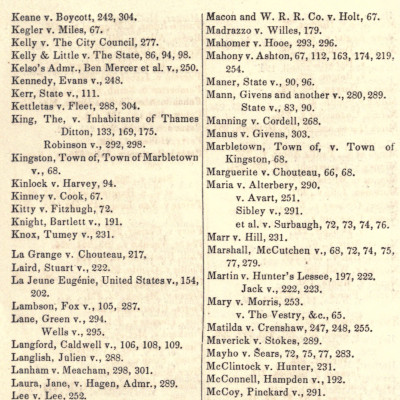
American slavery generated thousands of legal disputes.
Lawyers legitimized slavery by fitting cases involving enslaved people into standard legal categories.
The law of slavery become an important part of American law. Such support from lawyers helped slave commerce function.
American courts directly participated in slave commerce, frequently auctioning enslaved people to satisfy debts.
These sales even took place on courthouse steps.
Courthouse auctions forcibly separated families. They helped enslavers to concentrate economic power.
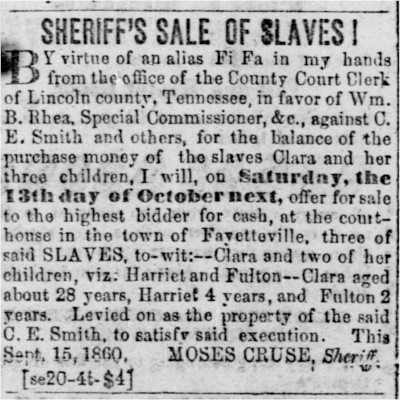
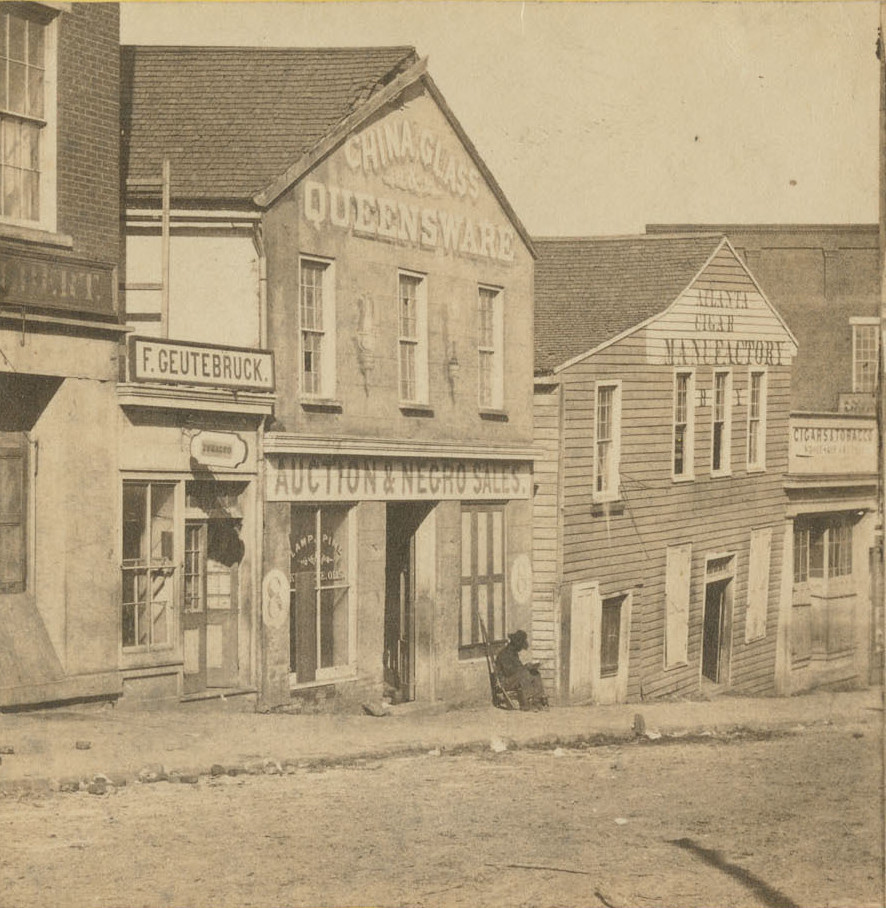
After emancipation, lawyers continued to treat slave cases as good law.
They even enforced debts based on contracts for enslaved people.
The failure of the legal profession to grapple with its role in the law of slavery is a failure of transitional justice. Lawyers have obscured their role in slavery by never fully acknowledging it.
Today, American judges and lawyers continue to cite slave cases for fundamental legal propositions.
These citations practices cause serious harms and reveal the legal profession’s ethical limitations.
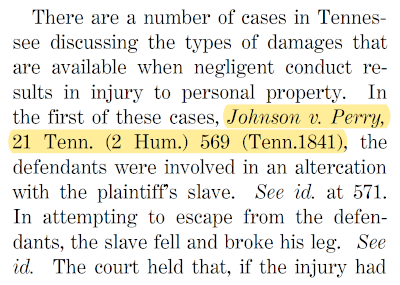
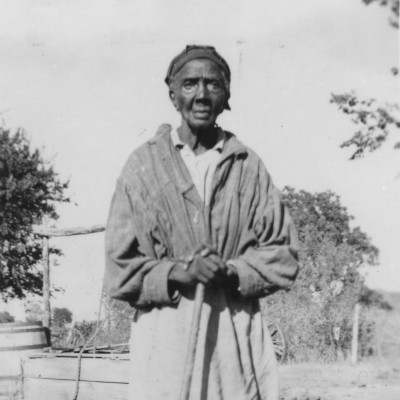
The legal profession must confront its role in slavery.
At a time when other American groups and institutions from businesses to universities are coming to grips with the legacy of slavery, the legal profession must do the same.